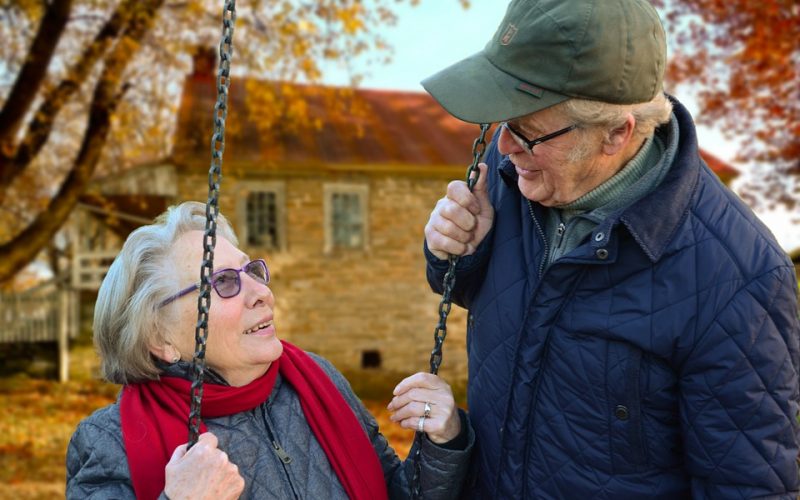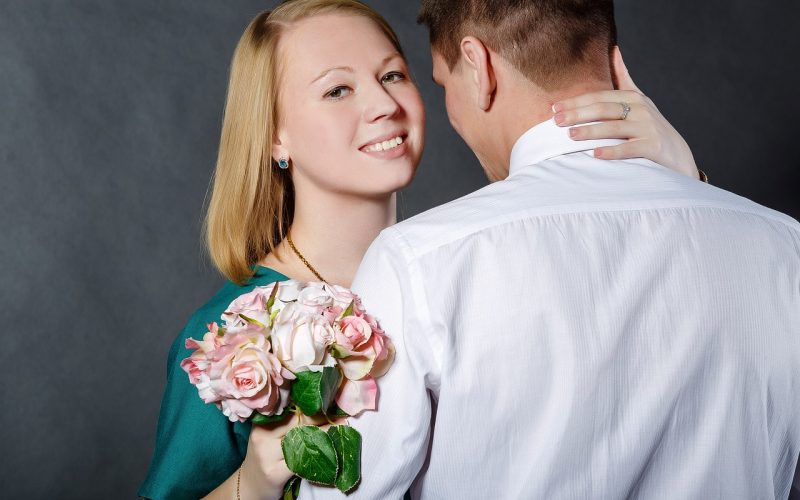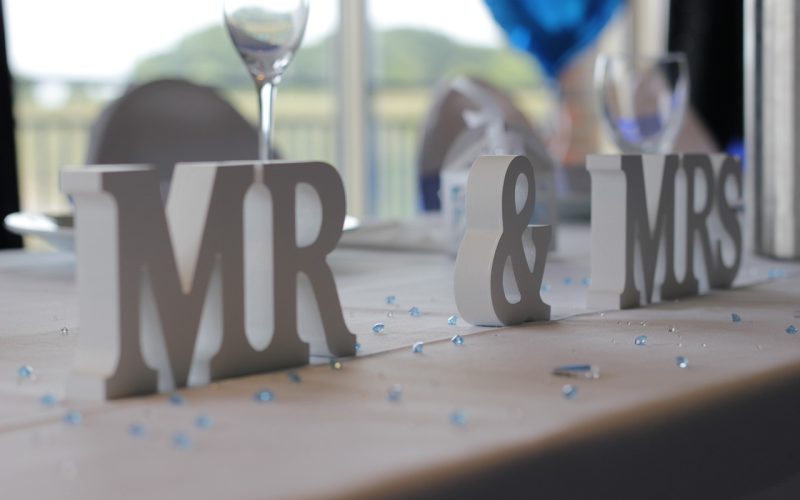Lifelong Partnerships Over Legal Marriage
The concept of a lifelong commitment is evolving. For many, the ultimate expression of this bond is no longer exclusively found in legal marriage. A growing number of individuals are choosing to build their lives with a partner without the formal contract, viewing their commitment as equally valid and profound. This shift reflects a broader change in how society perceives relationships, personal freedom, and tradition. It raises important questions about what it means to be a committed couple in the modern era.
Cultural shifts and personal autonomy
One of the primary drivers behind choosing partnership over marriage is a changing cultural landscape. In many Western societies, the religious and social mandates that once made marriage a near-universal expectation have weakened. With this decline in institutional influence, individuals feel more empowered to define their relationships on their own terms. For these couples, personal autonomy is paramount. They may see the state's involvement in their relationship as an unnecessary intrusion, preferring a commitment based solely on mutual love, trust, and understanding rather than a legal document.
The view of marriage as an outdated institution
For some, the opposition to marriage is more fundamental. They view it as an institution rooted in historical traditions that no longer align with their values. These historical roots can include concepts of property, patriarchal power structures, and a lack of recognition for same-sex couples until relatively recently. People holding this view might argue that the institution itself is flawed and cannot be separated from its past. By choosing not to marry, they are making a conscious statement against a system they believe is exclusionary or obsolete, even as it has been reformed over time.
Legal and financial considerations
Practical matters also play a significant role. While marriage offers certain legal and financial protections, it also creates entanglements that some people prefer to avoid. The high cost of divorce and the complex process of dividing assets can be a powerful deterrent. Some individuals, particularly those who have been through a difficult divorce before, may be wary of legally binding themselves to another person again. They may opt for cohabitation agreements or other legal tools to manage their finances and property, giving them a sense of security without the full legal merger of marriage. The cost of having a wedding is also a reason couples cite for not getting married - everything from catering, venue hire, entertainment such as a wedding firework display, all adds up in the wallet.
Inclusivity and diverse relationship structures
The conversation around marriage has also opened the door to a greater appreciation for diverse relationship structures. As society becomes more accepting of different forms of love and family, the "one-size-fits-all" model of monogamous marriage is no longer the only path seen as legitimate. Polyamorous relationships, for example, do not fit within the legal framework of marriage in most countries. For these individuals and others who feel their relationship style falls outside traditional norms, forgoing legal marriage is not just a preference but a necessity. They build their commitments based on communication and mutual consent outside of state-sanctioned structures.
Redefining commitment and celebration
Choosing not to marry does not mean forgoing celebration or symbolism. Many couples in long-term partnerships mark their commitment in deeply personal ways. They may host a ceremony to exchange vows in front of friends and family, exchange rings, or create unique traditions that signify their bond. Some even incorporate elements typically associated with weddings, such as celebrating their union with a spectacular display of wedding fireworks. These acts demonstrate that the desire to publicly affirm love is not exclusive to marriage; couples are simply finding new, more authentic ways to do it. The focus is on the emotional and social recognition of their relationship, not the legal status.
Ultimately, the decision to pursue a lifelong partnership without marriage is a personal one, influenced by a blend of individual values, practical concerns, and philosophical beliefs. It represents a move toward a more customized approach to love and commitment, where the strength of a bond is measured by the people within it rather than by a certificate. While marriage remains a cherished goal for many, the growing acceptance of alternative paths highlights a collective re-evaluation of what it truly means to build a life with someone.











